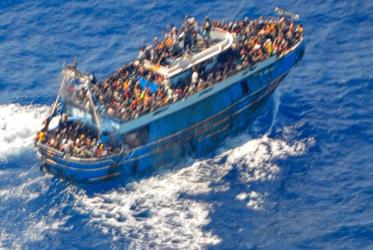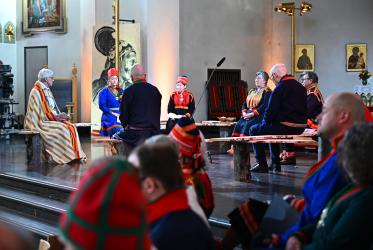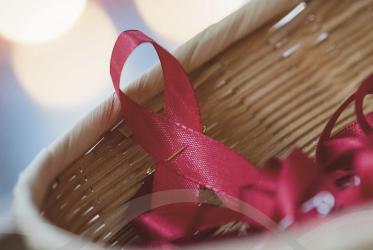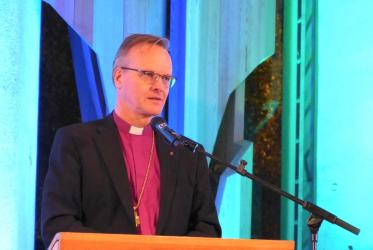Displaying 1 - 20 of 99
WCC Eco-School begins in Crete
15 November 2023
WCC invites all to World AIDS Day prayer service
28 November 2022
Church of Sweden apologizes to Sámi people, this time in Sápmi
27 October 2022
In a COVID-stricken world, “everyone is important”
23 October 2020
WCC mourns passing of Hendrew Lusey-Gekawaku
23 October 2020
Plans for 11th WCC Assembly build excitement across the globe
18 February 2020
WCC welcomes new staff
11 February 2020
The cry of the Papuans in Indonesia
14 November 2019

















